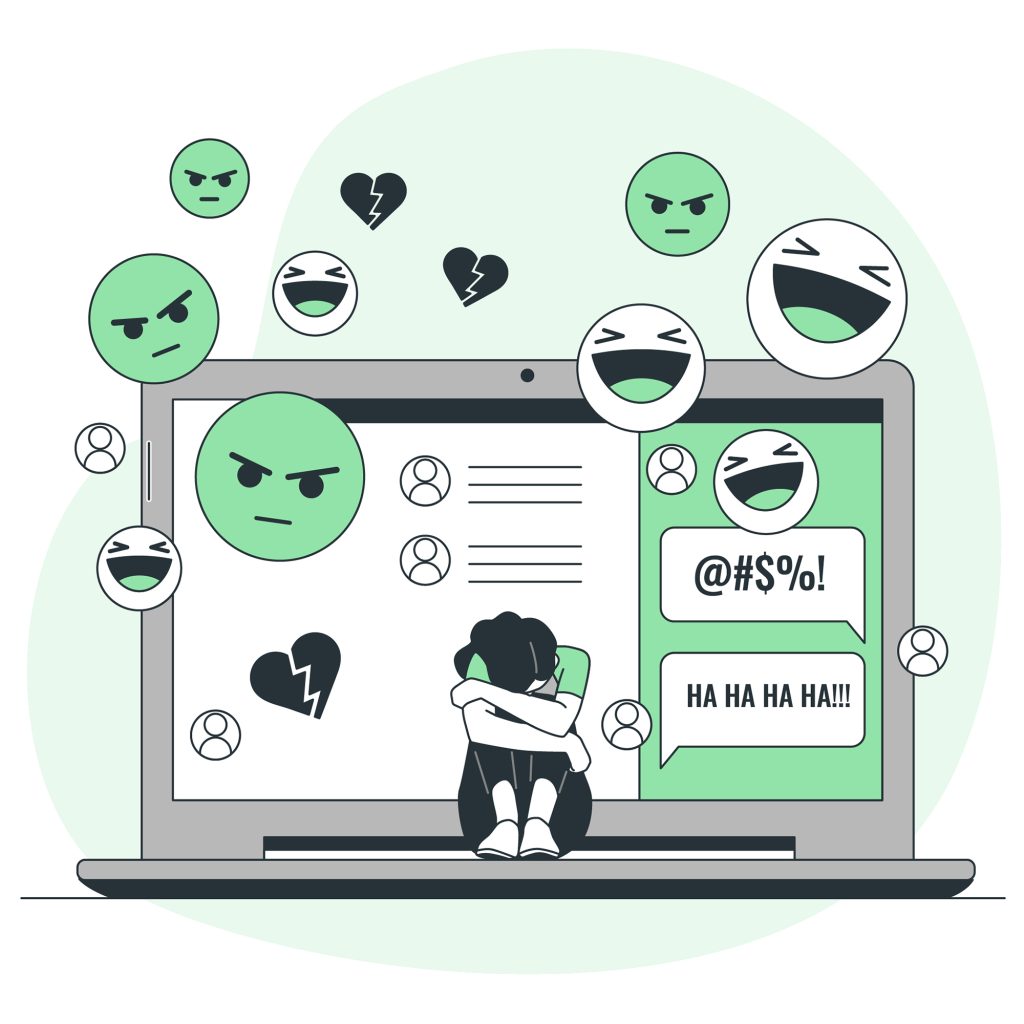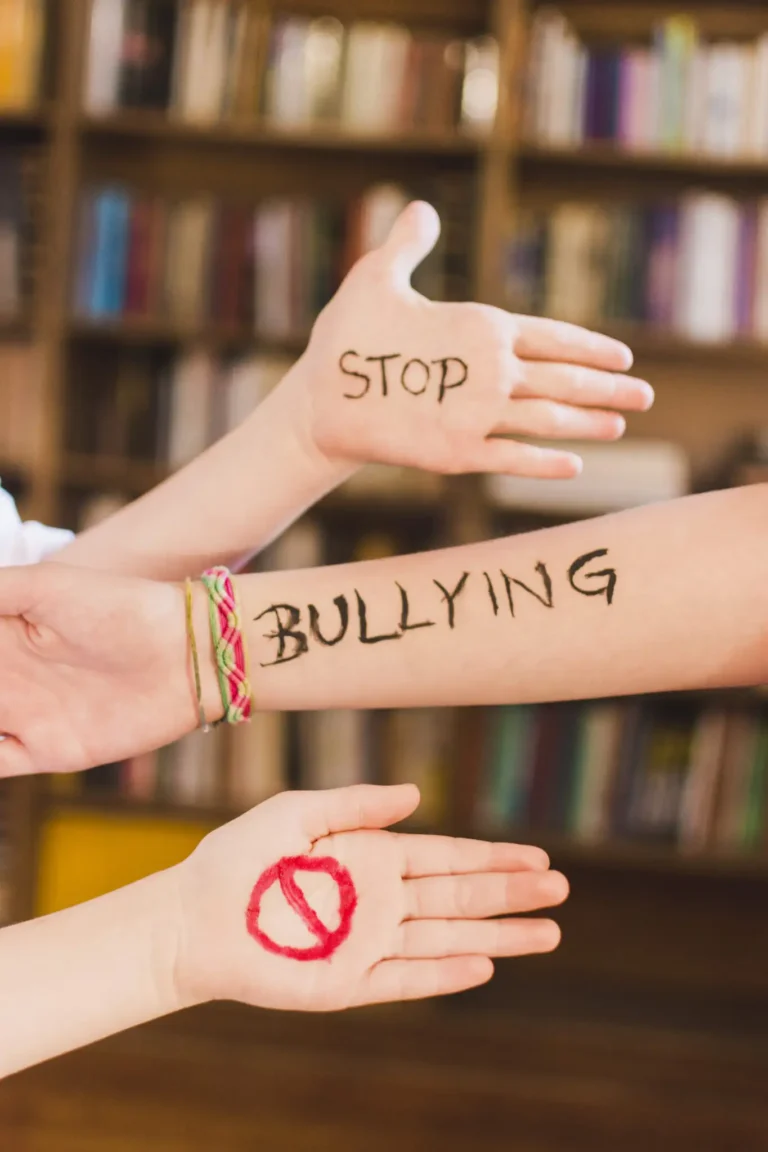Although bullying has been dismissed as routine behavior among students for many years, there is a large body of research that indicates that bullying behavior – physical, verbal, or emotional harm which is done intentionally and repeatedly due to an imbalance of power between a perpetrator and a victim – has direct negative effects on health and academic performances of students. These social, mental, emotional, and physical effects can be short-term, long-term, or even both. The most common symptoms of which could include:
- Anxiety disorders,
- Panic attacks,
- Depression,
- Self-harm,
- Eating disorders,
- Fatigue,
- Bedwetting,
- Drug use,
- Suicide attempts

How to Deal with Bullying?
These are some of the most serious manifestations of mental distress that the parents and school staff should look for in a victimized student’s behavior. They need to be aware of the exact consequences of various types of bullying and its detrimental effects on a student’s life. Different helpful approaches can be adopted regarding this matter that would help students feel safe:
- A positive school environment in which a support system and a safe space are created for children to talk about their experiences and their needs could significantly improve the students’ mental health.
- Bullying can be stopped through a shared responsibility approach where students, staff, and parents share the responsibility to create an environment in which everyone is respected.
- Establishing social values and training the staff to have strong leadership abilities with the responsibility to advocate and teach the aforementioned values as role models.
- Developing a culture of tolerance in which students learn that there is a vast amount of personality and appearance diversity among people and that these differences should not be labeled as weird or funny. We all should respect and accept these differences.
- Emphasizing teamwork among Students can help develop their social skills and knowledge within the setting of their everyday curriculum, teaching them ways to collaborate with different people from different backgrounds in a monitored setting.
Student Should be Encouraged to Learn Different Skills
When a school’s approach toward teaching is centered around creating a safe space and caring about the student’s mental health, the student would be encouraged to learn different skills that can positively affect their lives.
- Managing Self: having a can-do attitude that would manifest as the students being self-motivated and having self-confidence even in academic settings.
- Relating to Others: students can interact with a wide range of different people in various contexts.
- Participating: students would be more involved socially, culturally, and even in sports.
- Students would learn to respect others when they learn to be kind and demonstrate empathy.
- Traditional teaching ways can be combined with the new technologies which would allow the teachers and staff to participate in communities beyond the classroom.
- It is important that the students maintain a good relationship with the school staff. Most of the time a bullying incident is not reported because the students do not feel safe enough or they believe talking about the matter to be a sign of weakness.

When students believe that they are respected and their voice is heard, there will be an increased amount of bullying incidents being reported in case they occur which would help with bullying prevention in general. Moreover, other positive direct consequences of adopting such an approach are as follows:
- A boost in Students’ self-esteem and sense of self-worth.
- Trust and respect will be established between students and staff members.
- Students would have a sense of belonging.
- Students’ academic engagement increases and supportive relationships are built.
- Students’ would have a higher level of academic achievement.
- Students experience a positive and trusting classroom environment.
- Students can feel emotionally and physically safe.






